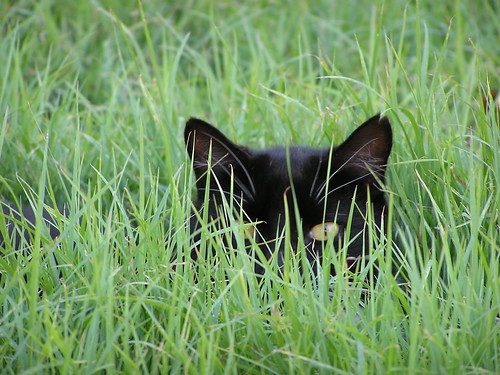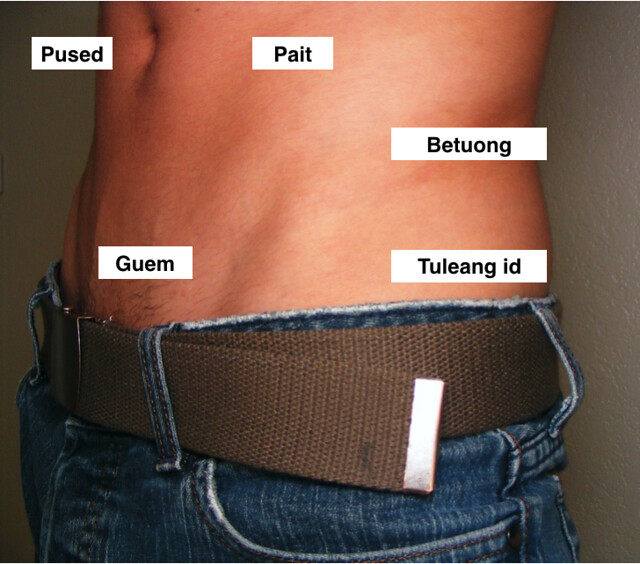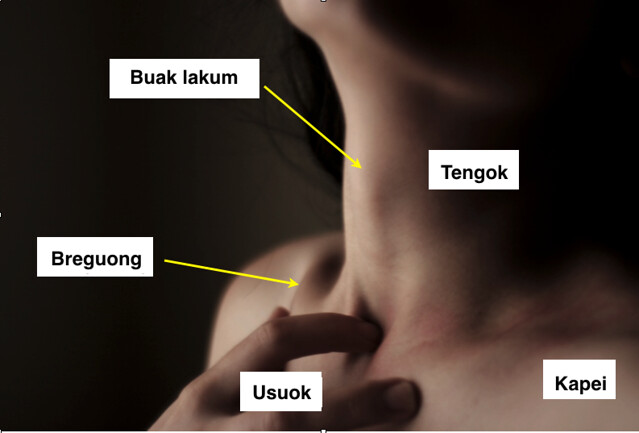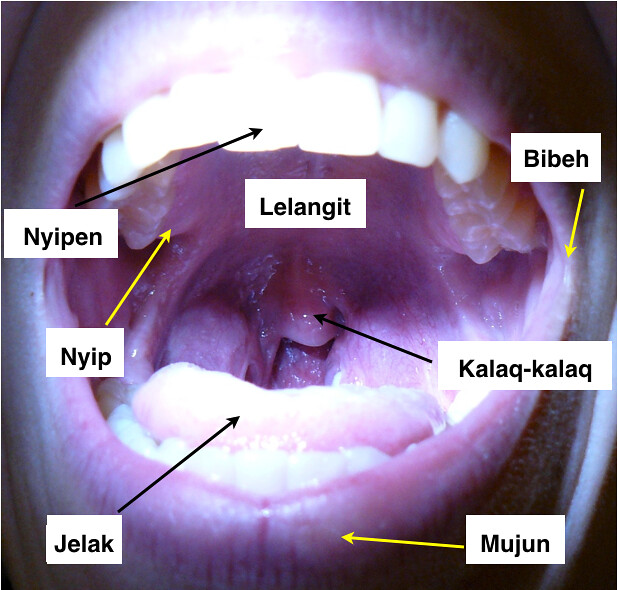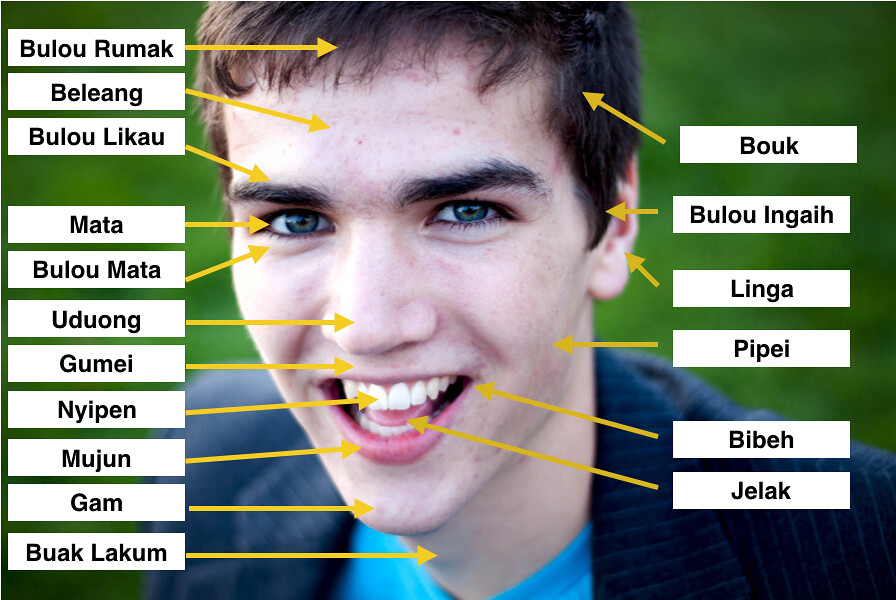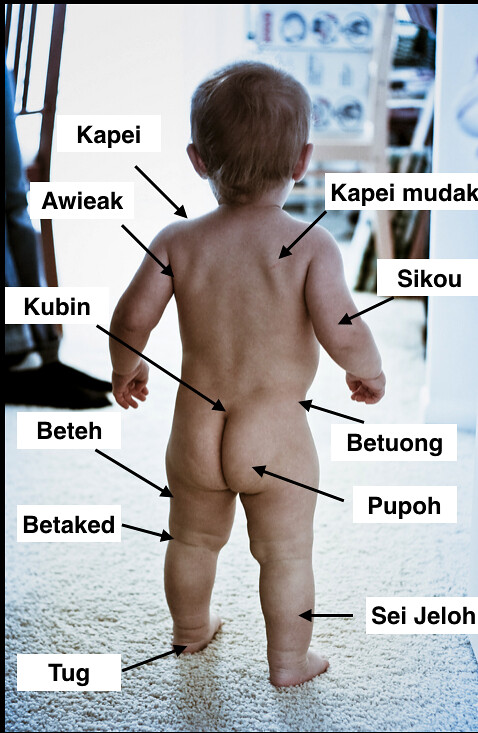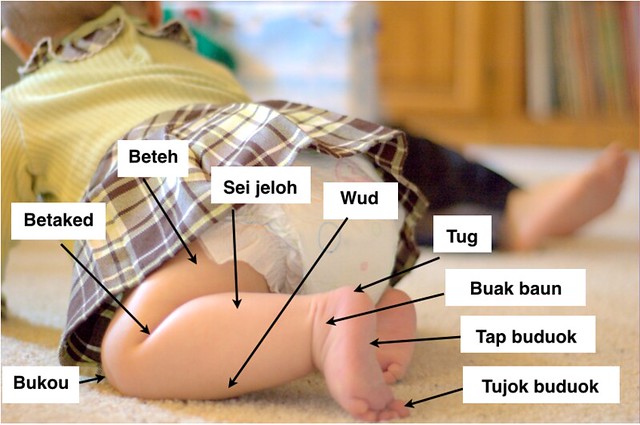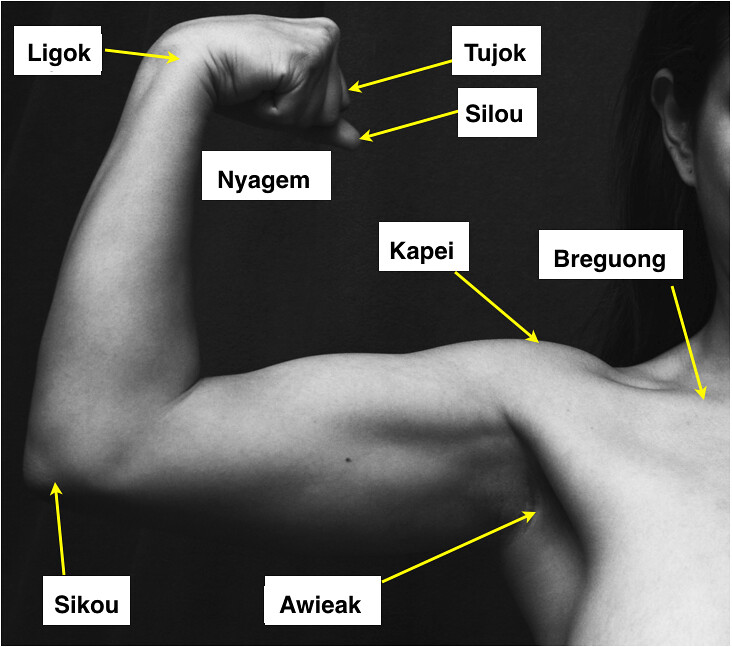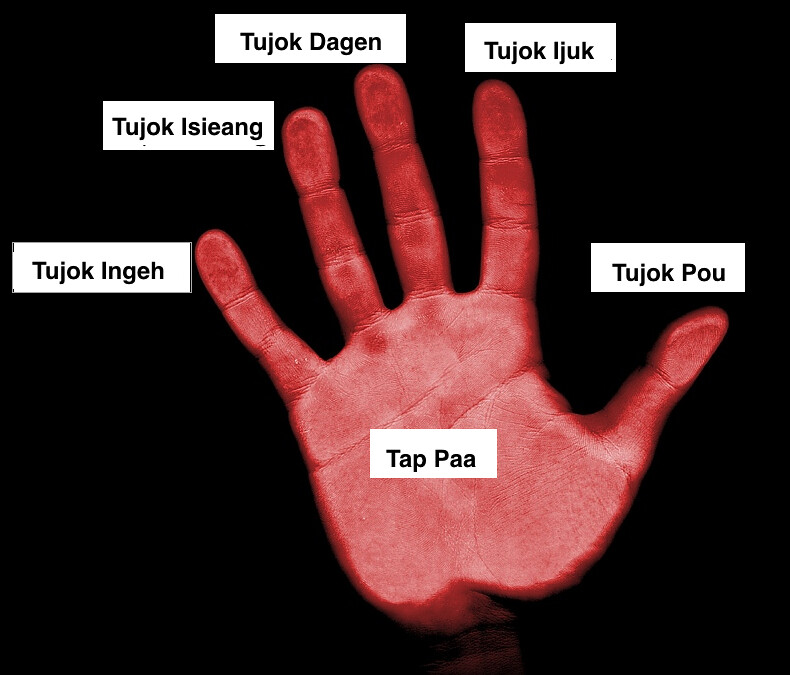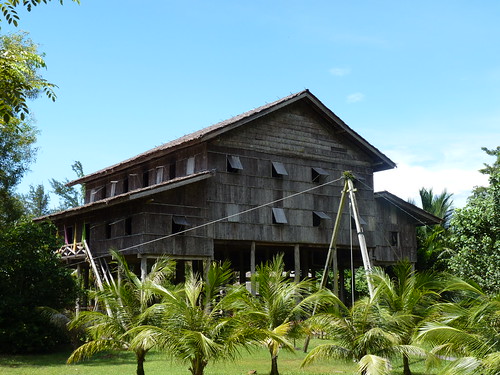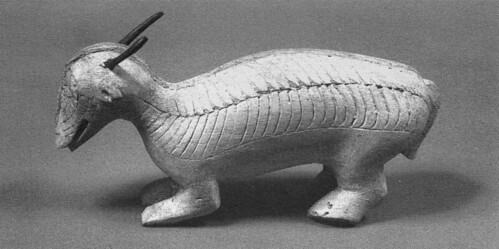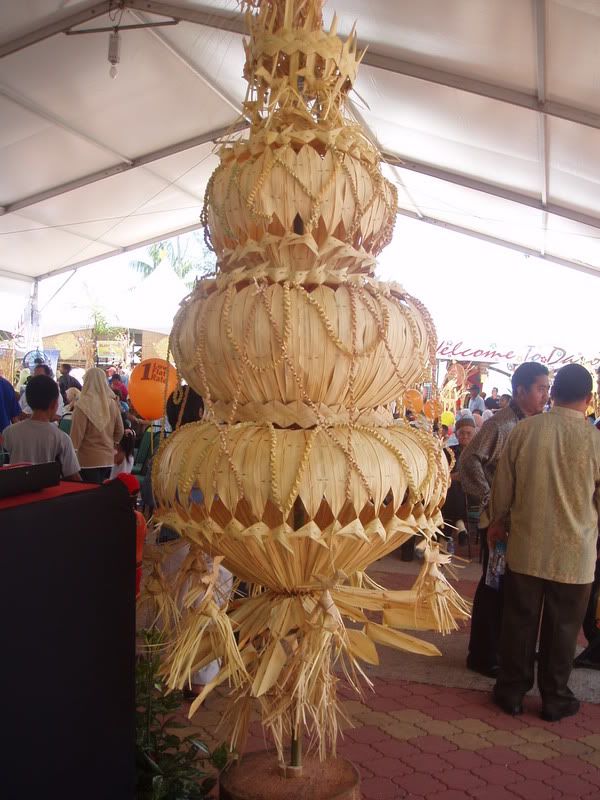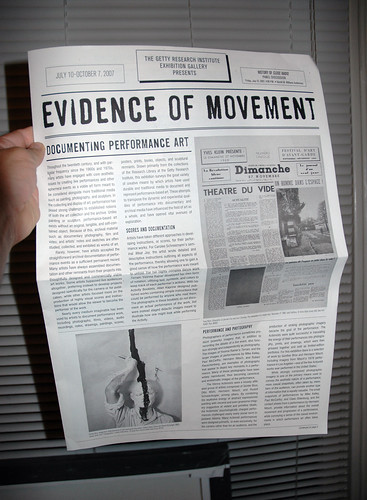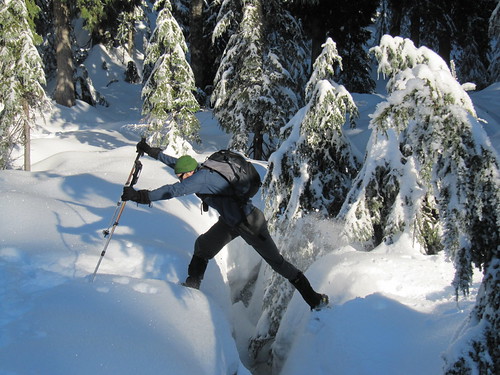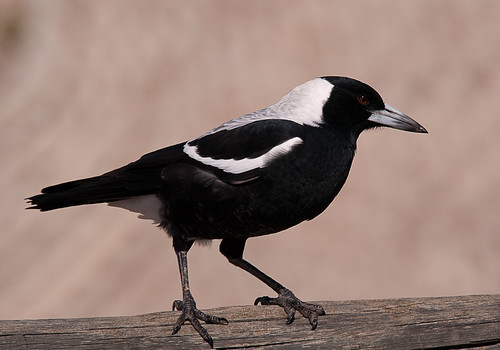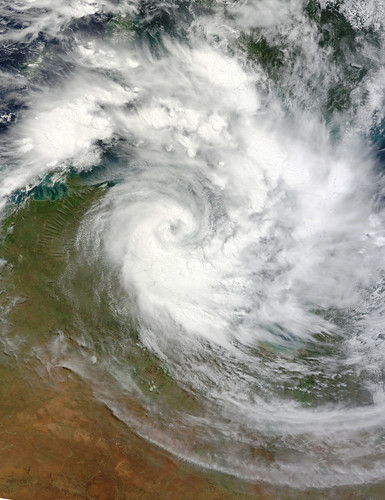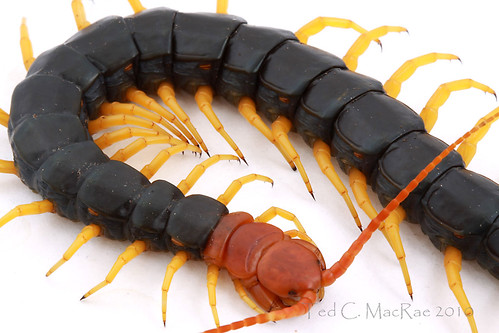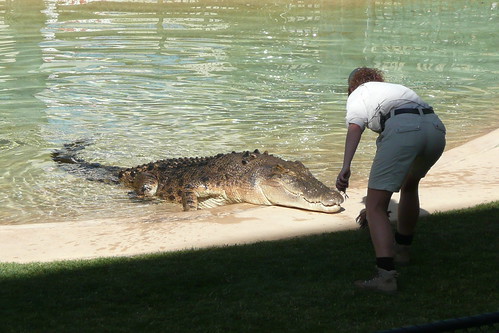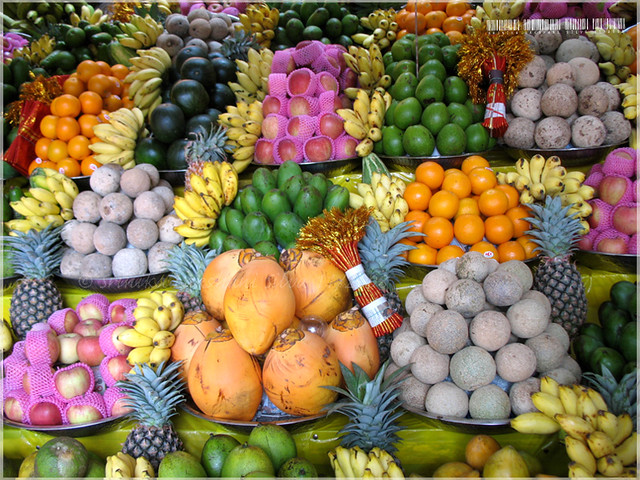
You will come to discover that, in life, for every situation that you may find yourself in, expressing what you feel can be so relieving. In this lesson you will learn about expressing feelings in Melanau Mukah dialect.
Feeling ( Naseng, Rasa )
| Angry | Melalaih |
| Scare, Fear | Mengeang |
| shy | Miak |
| Happy | Manah |
| Sad, Troubled | Susah Naseng |
| Shocked | Apuk Jawai |
| Like | Suka |
| Love, to miss someone/something | Berahi |
| Surprise | Kelejet |
In melanau, there are 2 ways to express ones feeling.
1: Use special verb:
to be shy- miyak
I am shy to...- Akou miak bak+ action verb
eg. Akou miak bak makau adep- I am shy to walk alone.
I am shy around.. - Akou miak gak + noun
eg. Akou miak gak a mahou- I am shy around girls.
AKou miak gak siyen- I am shy around him.
Dont be shy- Kak miak.
to be angry- melalaih
I am angry about..- Akou melalaih buyak...
eg. AKou melalaih buyak duit tanak yen- I am angry about the land settlement.
I am angry at...- Akou melalaih gak+noun...
Stop being angry - Kak melalaih un. kak means "do not" and un means "only".
to be scared (of)- mengeang
I am scared of...- Akou mengeang gak...
Do not be scared (of...) - Kak mengeang (gak+ noun), (bak+ action Noun).
- Do not be scared of him- kak mengeang gak siyen
- Do not be scared of walking alone- kak mengeang bak makau adep. makau means walking adep means alone.
What do you afraid of?- Inou bak kenengeang nou?
- bak kenengeang is the passive form of mengeang.
to like- suka
I like...- Akou suka...
eg. I like to eat rice- Akou suka keman nasek
Thats the way I like it- Tan nyen senuka kou. senuka is the passive form of suka.
What do you like?- Inou wak senuka nou?
Whom do you like?- Sai wak senuka nou?
to love- berahi
I would love to...- Akou berahi bak+action verb
eg. I would love to eat here- Akou berahi bak keman gitou.
to fall in love with..- berahi gak+noun
eg. I fall in love with her..- Ajou berahi gak siyen.
berahi also means:
to miss someone
eg. I miss my mother- akou berahi gak tina kou
I miss speaking with my mother- akou berahi bak telabau jahak tina kou
Notes:
theoretically berahi can be used to say: I love you or I fall in love with you.
eg. I love you- akou berahi gak nou.
But nowadays most people prefer to use the verb suka.
(eg. Akou suka kaau ) because berahi means lust in malay and it may sound inappropiate.
2. Using the the verb "to feel"
to feel- tan rasa
This sentence structure must be used in order to use this verb:
the feeling + tan rasa + subject.
e.g.
Mengeang tan rasa kou- I feel scared.
Melalaih tan rasa Maya-Maya feels angry
Miak tan rasa kou- I feel shy
Manah tan rasa siyen- He feels happy
susah naseng tan rasa mak ayeng- Grandmother feels sad/ troubled.
kelejet tan rasa kou- I feel surprised.
How do you feel ?- Betan tan rasa nou?
By:
Learn Melanau
On 12:53 AM

